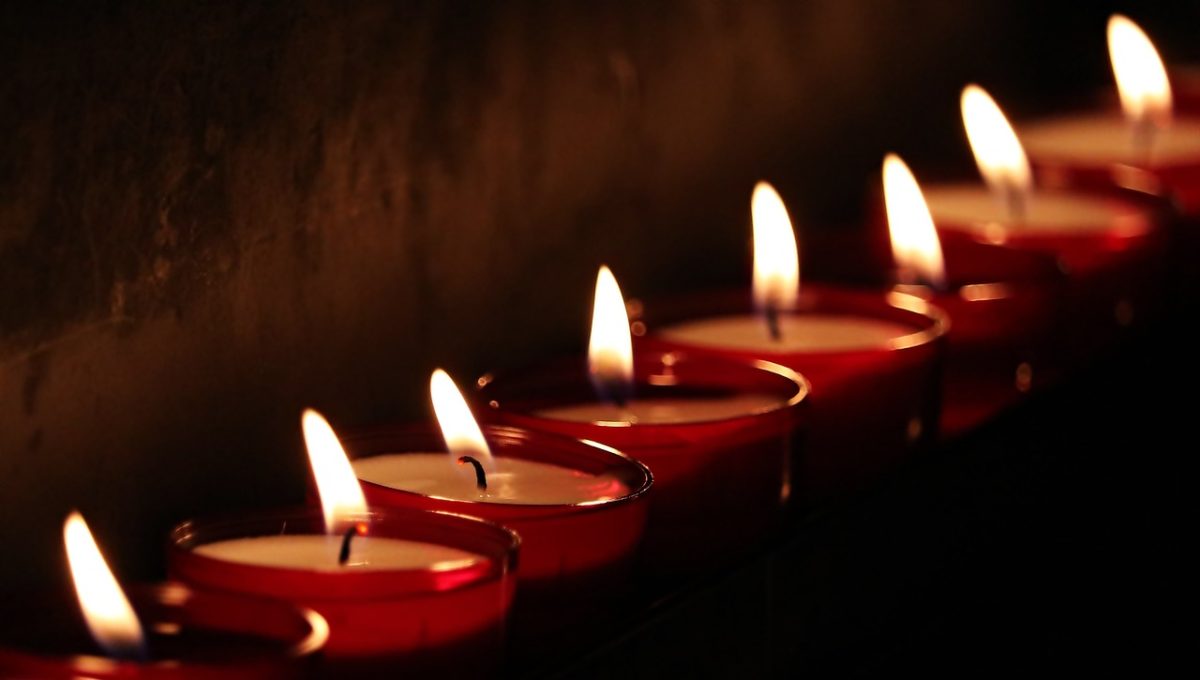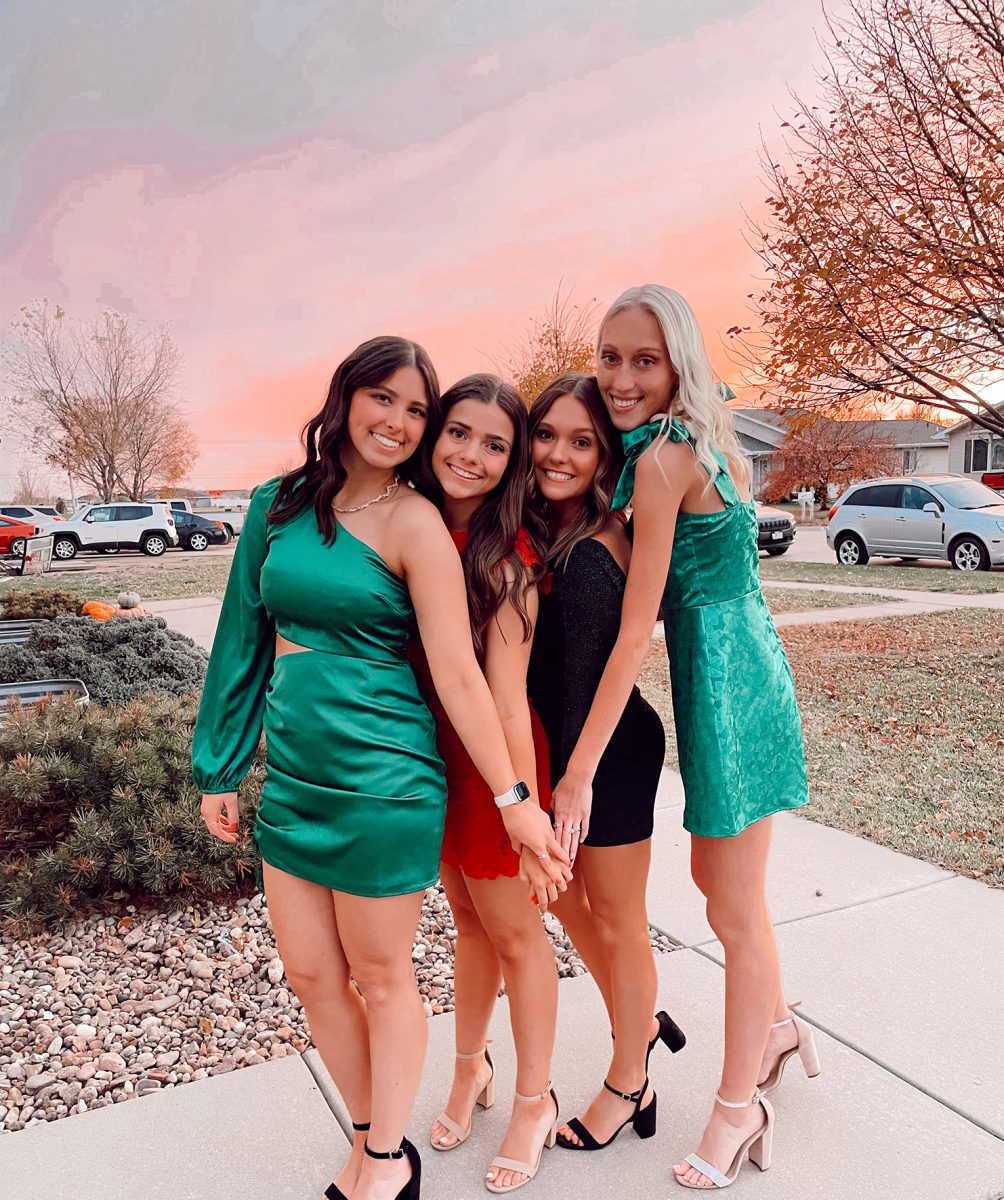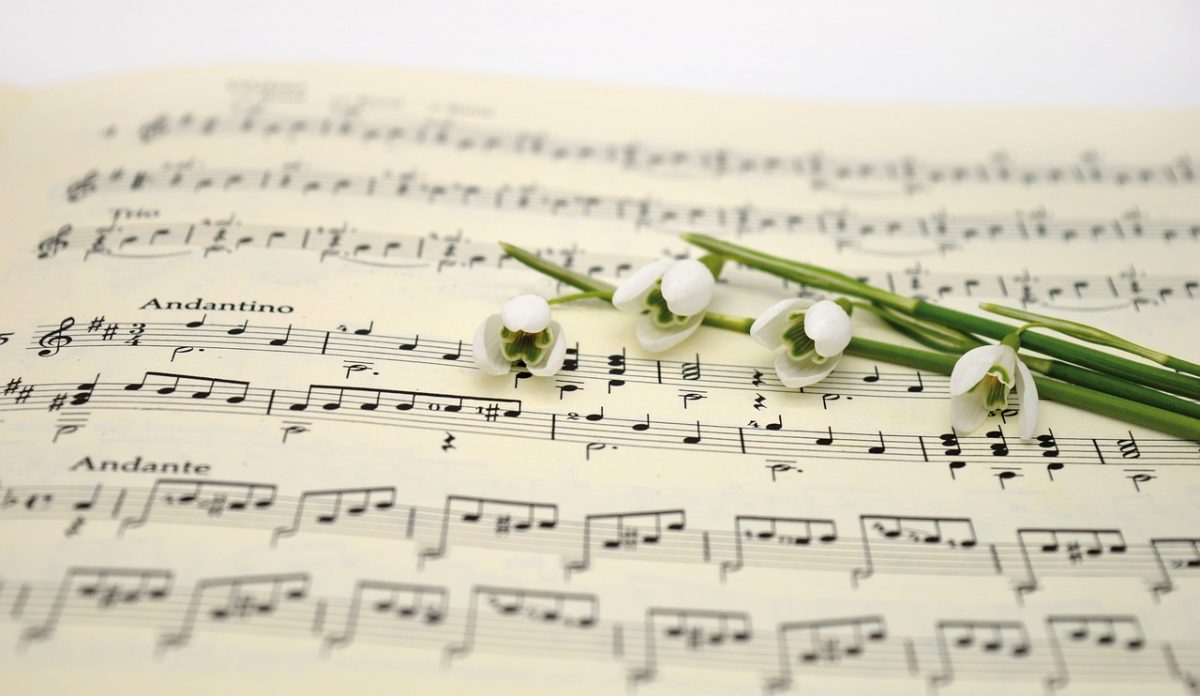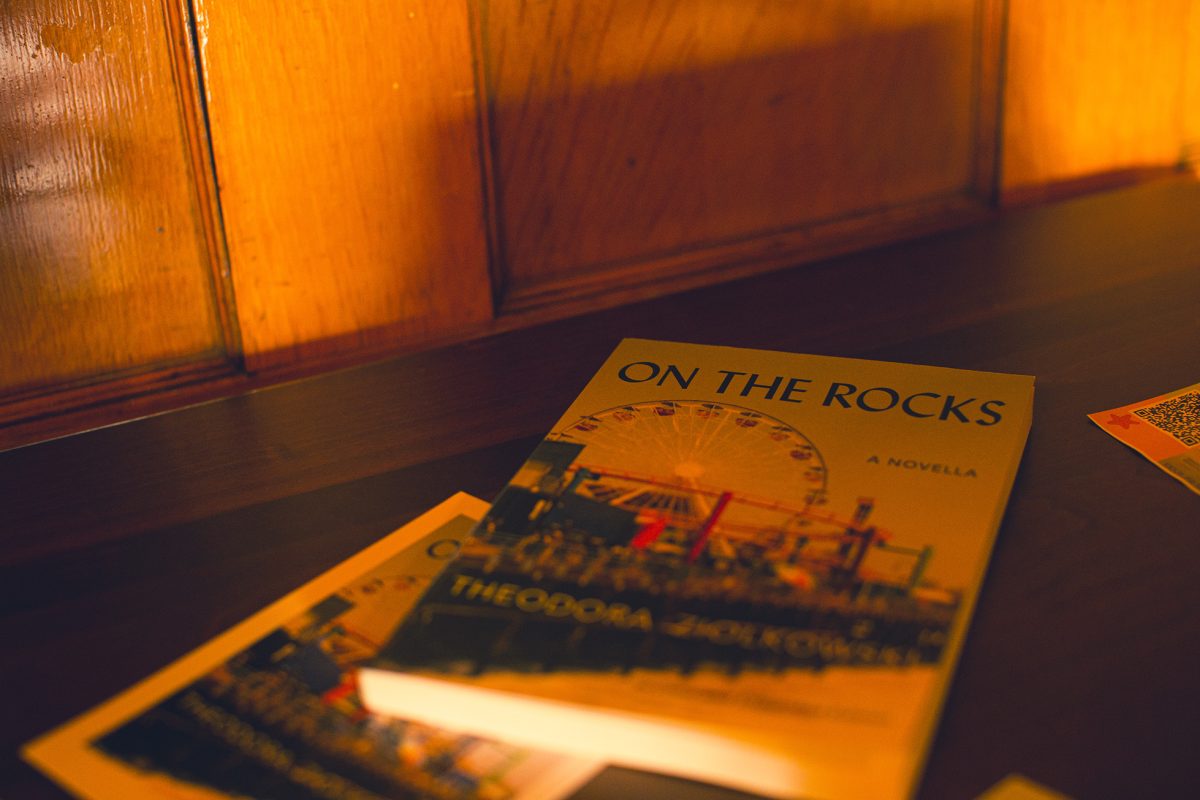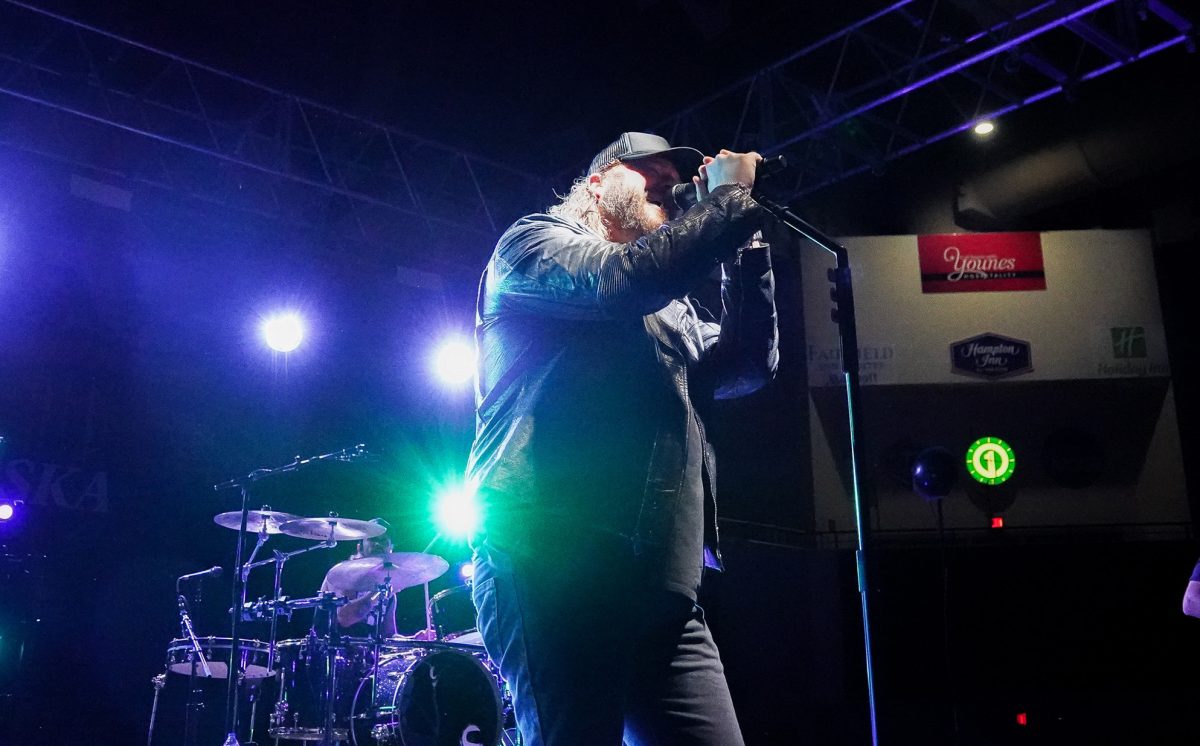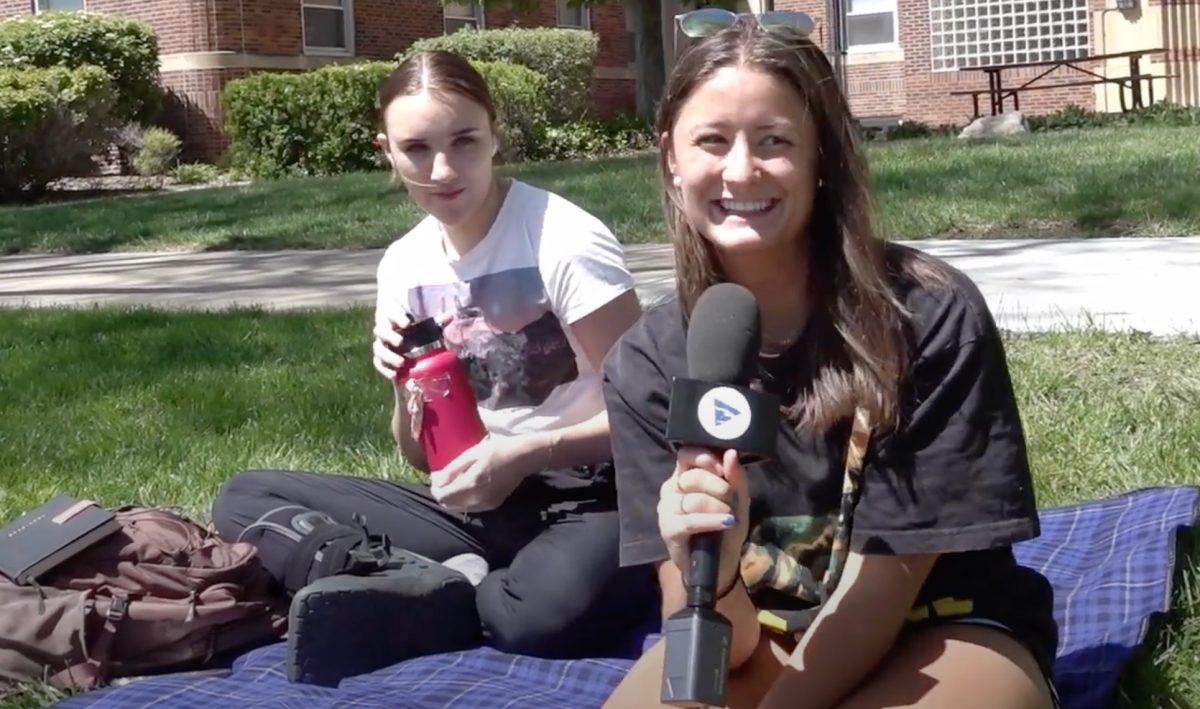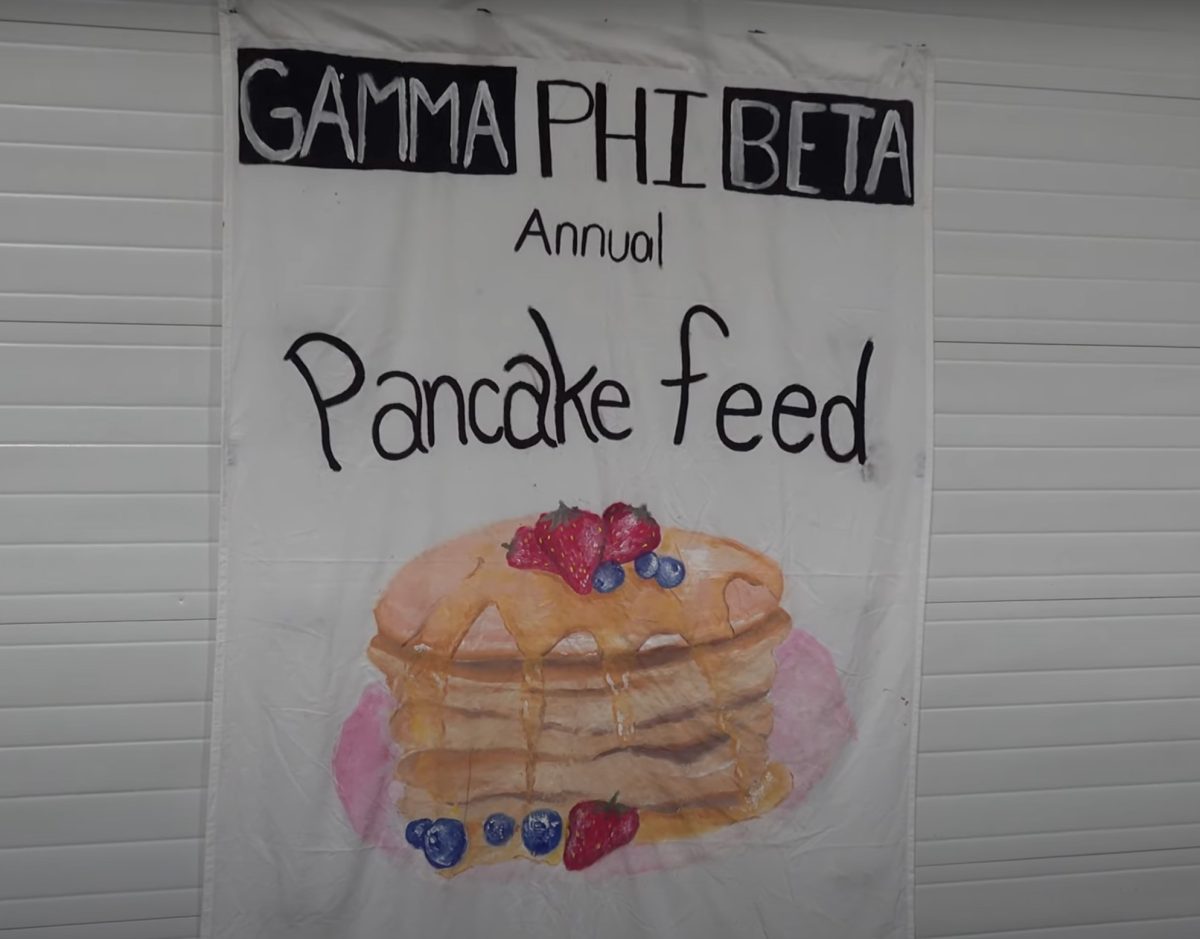Elliot Gonnella
Antelope Staff
I think if it wasn’t for Halloween, I think we would have seen Christmas decorations up in mid-September. If we could hear directly from the companies marketing Christmas and the holidays in general, they would say we cannot get enough of the holiday season. I personally enjoy the extended break from education, snow and sharing gifts with family. Until my local church closed down, having a Christmas Eve service was also part of my holiday routine. I do all of this without any pressure to stop or criticism for celebrating the holiday season my way.
Apparently I must have been fortunate, as there is a war raging around me, according to evangelical talking heads. There was a War on Christmas and I could have been a casualty!
If this war exists, it must be a very isolated one. The basic idea of these blowhards is that Christmas is being phased out as people prefer to say Happy Holidays, that they can’t put up their religious iconography on government property, and that other holidays are being made up to cancel out the real “Reason for the Season”. Multiculturalism is destroying the great traditions that have existed since the birth of their savior.
Traditions, especially in the spirit of Christmas, mean next to nothing. The main idea we associate with Christmas is a relatively new way to spend the season. Many of our key beliefs and actions of the holiday are based in heretical and pagan beliefs. If we were to really go back to the “good old days,” there would be feasting and drinking beyond the point of excess, quite a few riots and plenty of other group activities that usually follow significant drinking and celebration.
First off, the day we celebrate Christmas is a made up one. For a long while, there wasn’t even a day to have the feast of the nativity, because the focus of Christianity was on the death and resurrection of Christ, not the birth. Given the information in the Bible, scholars assume that Jesus was born sometime in March or April. After all, why would the shepherds be out in the middle of winter? Wouldn’t Augustus wait to do his census when the weather is more mild and predictable?
December 25th was the Winter Solstice for the Romans, so to early church leaders it was symbolic that their Savior would be born on the darkest day of the year so that everyone and everything after would grow brighter and brighter as the days became longer. A little heavy handed with the reasoning, but it stuck.
Now as for how to celebrate Christmas, the time decided on celebrating was also the time many pagans celebrated their Yule, a winter solstice festival which involved the bringing of evergreens into the home to show that even in the coldest of winters, this tree still lives and shows its colors. Romans held similar festivals to celebrate the end of a harvest, though with much more class to their drunken debauchery.
When the Church took control of Europe, they gradually began to change the symbolism from pagan to Christian.
Over the next millennium, the holiday remained a winter version of Marti Grais. Drinking, cross-dressing, gambling and feasting were the focus of the holiday, not some kid being born in a manger. The main problem with the holiday to the religious folk at the time was not the binging or lack of focus on their savior’s birth, it was the riots. If any of you have watched European soccer, you know that if there is one things boozed-up Europeans love, it is a good riot.
This was such a concern that the Puritans who came to the new world banned the holiday all together. In some segments of the colonies, if you showed the spirit of the season, you could be mocked and charged with a fine. So in a sense, Christians were waging a war on Christmas.
Because of the strong protestant roots the Puritans gave to the United States, Christmas was never really celebrated until the immigrants from Germany, Holland and Sweden, among other countries, brought their traditions in the 1800s. Over time, the way we look at Christmas today came about through the blending of different cultures and consumerism.
Poinsettias were an import from Mexico and were soon a natural fit with the holiday due to their color. Santa was an amalgamation of a dozen different characters from a demon to a saint best known for resurrecting murdered children and giving gold to little girls so they wouldn’t have to become prostitutes. His current incarnation was drawn by political cartoonist Thomas Nast. Mistletoes were used as a way for young bachelors and bachelorettes in Victorian England to kiss in public, though the plant had many connections to the Nordic pagans.
All of these items and practices we see as normal to a somber Christian holiday were taken from other cultures and is a far cry from the original way it was celebrated for a thousand years. That is why saying there is a war on Christmas is ridiculous. Aside from the fact the way one family celebrates Christmas could be completely different from the people across the street, Christmas is not the only holiday at the end of December.
There is also Hanukkah, Kwanza, in some years Ramadan, Eid al-Adha (Islamic New Year), dozens of other ethnic winter solstice festivals, Thanksgiving in other countries, Boxing Days, Gregorian New Year and many others that have as much significant cultural meaning as Christmas does. While it is perhaps more appropriate and inclusive to say Happy Holidays, I have yet to see someone get violently maimed because they said Merry Christmas to someone who wasn’t a Christian. Maybe an eye roll at most, but nothing violent.
The War on Christmas means nothing; it is just a dog whistle that makes it seem like everyone who isn’t “one of us” is out to destroy our culture. It is just the usual run-of-the-mill fear mongering, a way for charlatans to get rich rallying around an obscene banner, because what is a war without some profiteers? I plan on celebrating the holidays the way I usually do and those around me are going to do so without anyone telling them what you can and can’t do.
Celebrate the holidays how you want to. Take some old traditions and make them your own that you will pass down to the next generation. Be it Christmas, Eid ad-Adha, or if you are one of those neopagans who want to get really blasted in their recreation of a true Yule, go ahead. Personally, I see myself drinking cider, buying gifts for the family and enjoying the time off of school.
Happy Holidays.
Charity outlook of the week:
All Hands Volunteers were founded in 2004 after the Indian Ocean tsunamis, though grew with Hurricane Katrina. They work as coordinators for volunteer activities in disaster areas, working with local officials and ensuring that the work they do will make a difference.
93.7% of funds go directly to the program and all donations are tax deductible. More information is located at: https://www.hands.org/











